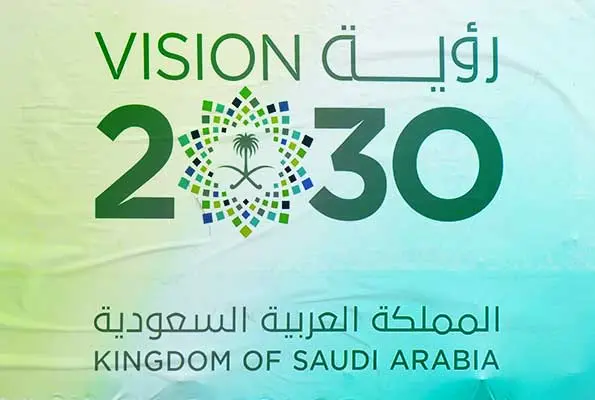Saudi Arabia plans to achieve seafood self-sufficiency by growing its aquaculture business as part of Vision 2030, a government-led socio-economic development strategy.
Saudi Arabia has a seafood supply shortage despite extensive fishing grounds along the Red Sea and Arabian Gulf shores. The country imported 215,000 metric tons of seafood in 2020, and consumption is rising.
Within Vision 2030, the Ministry of Environment, Water, and Agriculture expects to produce 600,000 tons of fish and seafood annually. NAQUA, the nation’s largest aquaculture enterprise, is crucial to this effort. The company expects to grow production from 60,000 to 250,000 tons by 2030, meeting 42% of the country’s production targets.
A recent cooperation with SALIC, which runs Saudi Arabia’s Public Investment Fund, has accelerated this growth ambition. SALIC bought a 42% share of NAQUA, showing its commitment to domestic aquaculture and fish production.
This arrangement helps Saudi Arabia become a worldwide aquaculture powerhouse. The strategy aims to achieve seafood self-sufficiency, maximise economic potential, and increase food security.
As part of the Kingdom’s Vision 2030 goal to diversify the economy, the National Fisheries Development Programme aims to bring in over $4 billion in local and foreign investment into Saudi Arabia’s fishing sector.
Dr. Ali Al-Shaikhi, CEO of NFPD, has been tasked with bringing this about over the following eight years. The government has given his body instructions to raise agricultural exports, improve food security, and develop the nation’s seafood business.
“This was an idea that transformed into an initiative in 2010,” Al-Shaikhi said to Arab News. A steering group tasked KPMG with researching the fish industry’s potential in the Kingdom.
The committee evaluated Saudi Arabia’s potential for producing over a million tons of fish after visiting other nations to research aquaculture. According to market research, the average amount of seafood consumed per person in the Kingdom was only 11% of the world average, or 11 kg, as opposed to 24 kg.
The committee’s report, which was released four years later, outlined a detailed plan of action to upgrade aquaculture production facilities and boost output. The Royal Court gave its approval and designated a programme to carry out the plan.
Al-Shaikhi worked for the National Aquaculture Group and the Almarai Food Company before joining the NFPD in 2017.
“The NFDP collaborates with both the public and private sectors,” he declared and claimed that the group’s crew is swift and excellent with their work.
“We are committed to creating jobs, safeguarding the neighbourhood markets, and advancing and enhancing the seafood sector.
“We are preparing the platform for investment,” he continued and added that over the past three years, the group only spent approximately SR300 million ($80 million) on research, including feasibility studies, environmental impact assessments, choosing the best species to farm, figuring out feed consumption rates, and other tasks.
“We are researching methods for food processing and have established hatcheries for fish and fish feed. The investor or farmer will have all the necessary knowledge once these crucial components are in place, allowing them to concentrate solely on production.
To accomplish these aims, the government is now collaborating with the commercial sector. In terms of new laws and government assistance, they locate investment possibilities and expedite and simplify the investment process.
While fishing is an enduring tradition in the Gulf, aquaculture—the artificial cultivation, collecting, and processing of marine products—requires a variety of specialised skills and is becoming an increasingly “smart” sector.
“Our aquaculture sector currently employs over 3,000 Saudi technicians,” Al-Shaikhi stated. He said that the government will always assist young Saudis who wish to study aquaculture overseas because the Kingdom does not currently have any academic colleges dedicated to the industry.
The CEO said they planned to start a project to train 100 Saudi nationals as leaders in aquaculture; 70% of the funding will come from the business sector and 30% from the government.
Furthermore, NFDP recently inked a contract to train 3,000 Saudis in the fields of aquaculture and fisheries with a nearby academic institution. They anticipate knowledge transfer from the incoming foreign academics as well as from the cooperating international governments.
“Aquaculture is one of the fastest-growing areas in the food sector,” stated Al-Shaikhi. Globally, it is expanding at a rate of 6% annually. In addition to promoting rural development, job growth, and food security, this also addresses climate change and the environment sustainably.
“We want aquaculture to happen in the Kingdom as it is essential to the improvement of the quality of life in any country,” he concluded.



